Our team of specialists is fully versed in the different aspects of accounting for a charity or not-for-profit organisation and can help you work your way through a myriad of law and rules that will affect you.
-
Charity Audits and other assurance services
-
Independent Examinations
-
VAT, Gift Aid and all taxation matters
-
Accounting, bookkeeping and financial reporting
So that you can comply with governance needs for your trustees, as well as keep your other stakeholders happy (funders, grant makers, fundraisers etc.), your accounts must adhere to certain rules. We will ensure that not only are your accounts compliant, but that best practice is met at all times.

Different because you are
We pride ourselves on providing individually tailored services to our clients. Whatever your aspirations and priorities in business and life, we will be by your side with expert advice from local specialists. It is because your needs are unique, that the solutions we provide are distinct and personalised to you.
Our expert team of auditors have years of experience working with charities and not-for-profit organisations as well as schools and academies. We use the audit visit as an opportunity to take stock of where you are and how we can help you achieve your goals. We work closely with a broad range of not-for-profit organisations across Norfolk, Suffolk and Cambridgeshire.
-
Charitable companies
-
Unincorporated charities
-
Trading subsidaries
-
Schools and academies
-
Clubs and associations
-
Community Interest Companies
Whatever your needs or requirements, get in touch to talk about how we can help you.
Accountants for Charities and Schools Articles
Accountants for Charities and Schools Articles
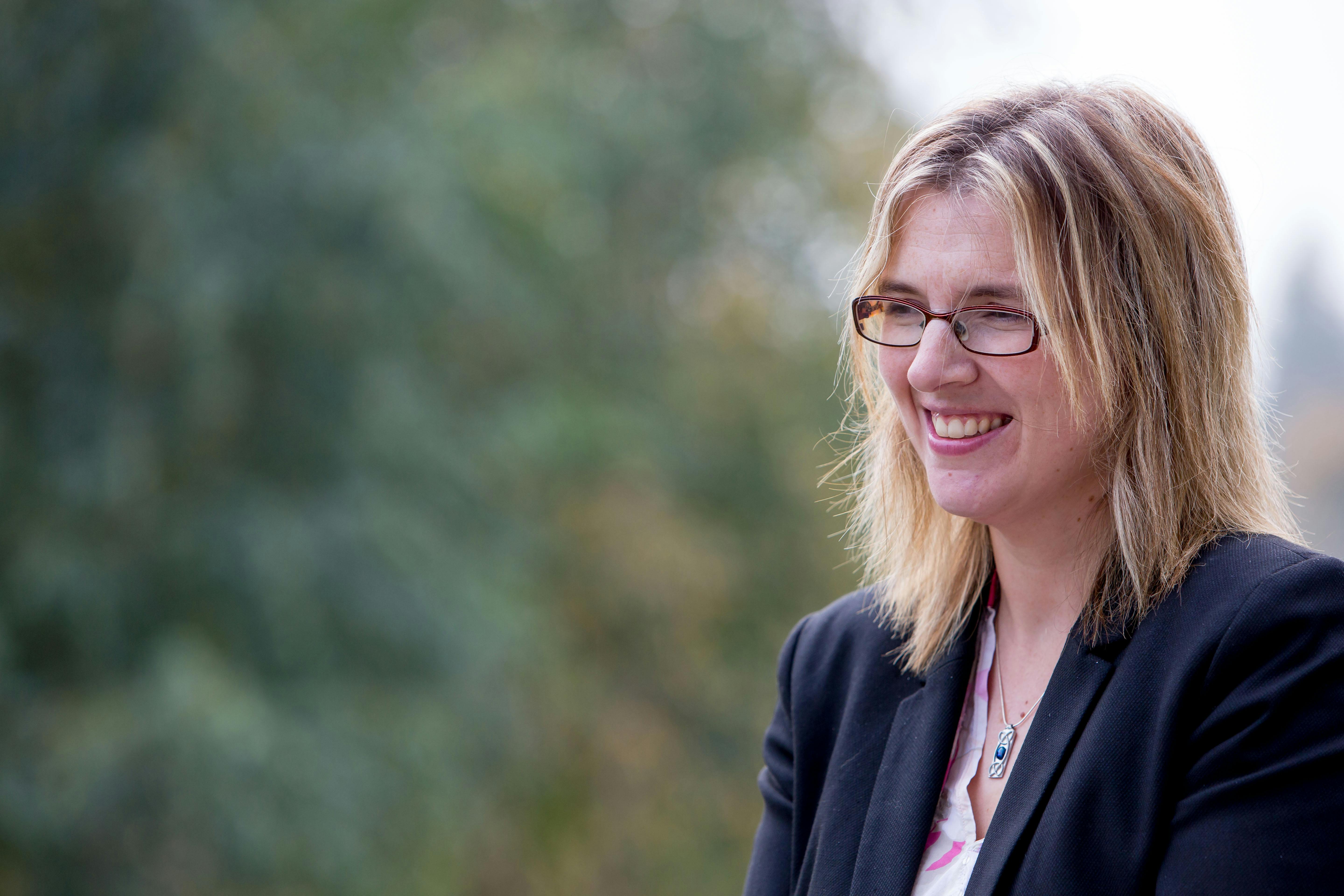
Setting up a trading subsidiary within an academy trust
Related news
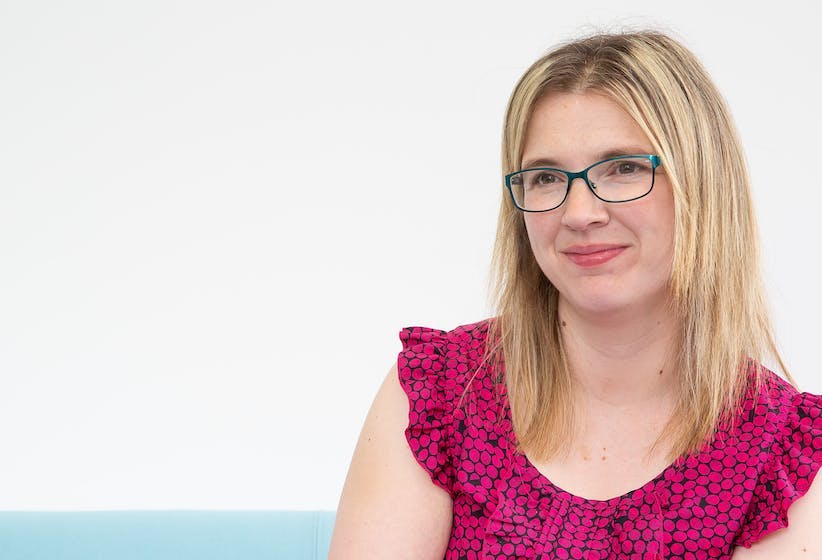
Academies Accounts Direction
The ESFA have now released the Academies Accounts Direction 2023 – 2024 for academy trust accounts ending 31 August 2024, along with model accounts and the auditor framework and guide.

Lovewell Blake named as top accountancy firm in the UK for charity expertise in comprehensive national survey
East Anglian chartered accountants Lovewell Blake has been named the best in the UK for its charity expertise by Charity Finance magazine, in its annual survey of accountancy firms offering specialist services to the charity sector.

ESFA updates guidance on reserves policies for academy trusts
The Education and Skills Funding Agency (ESFA) has issued updated guidance for academy trusts on the subject of reserves policy – and trustees should be familiarising themselves with the new advice before taking decisions about the levels of reserves held within their trust.

Charities urged not to leave new Annual Return completion until the last minute
Charities are being urged not to delay completing their statutory Annual Returns, as a new format means that the task will require more time and input than in previous years.

New guidance on investing charity funds published
The Charity Commission’s document aimed at charity trustees which gives guidance on investing charity money has been significantly updated.

Trustees urged to take part in research to help region’s charities tackle board recruitment problem
A new study is aiming to identify the issues charities in the region face in attracting trustees – and existing trustees are being urged to take part in the research to help the sector tackle a growing issue.

Landmark supreme court rates relief judgement could be ‘game-changer’ for local charities
A recent Supreme Court case could prove to be a game-changer for some charities – as it has clarified the position on Mandatory Rates Relief (MRR) for charities, and will make it much easier for them to challenge local authorities which reject their MRR applications.

Employment allowance for small charities
Small charities with employees are often unaware that they are eligible for the Employment Allowance. This enables them to reduce their annual National Insurance liability by up to £5,000, so long as their total NI liabilities were less than £100,000 in the previous tax year. Unincorporated charities and Community Action Sports Clubs are also eligible.
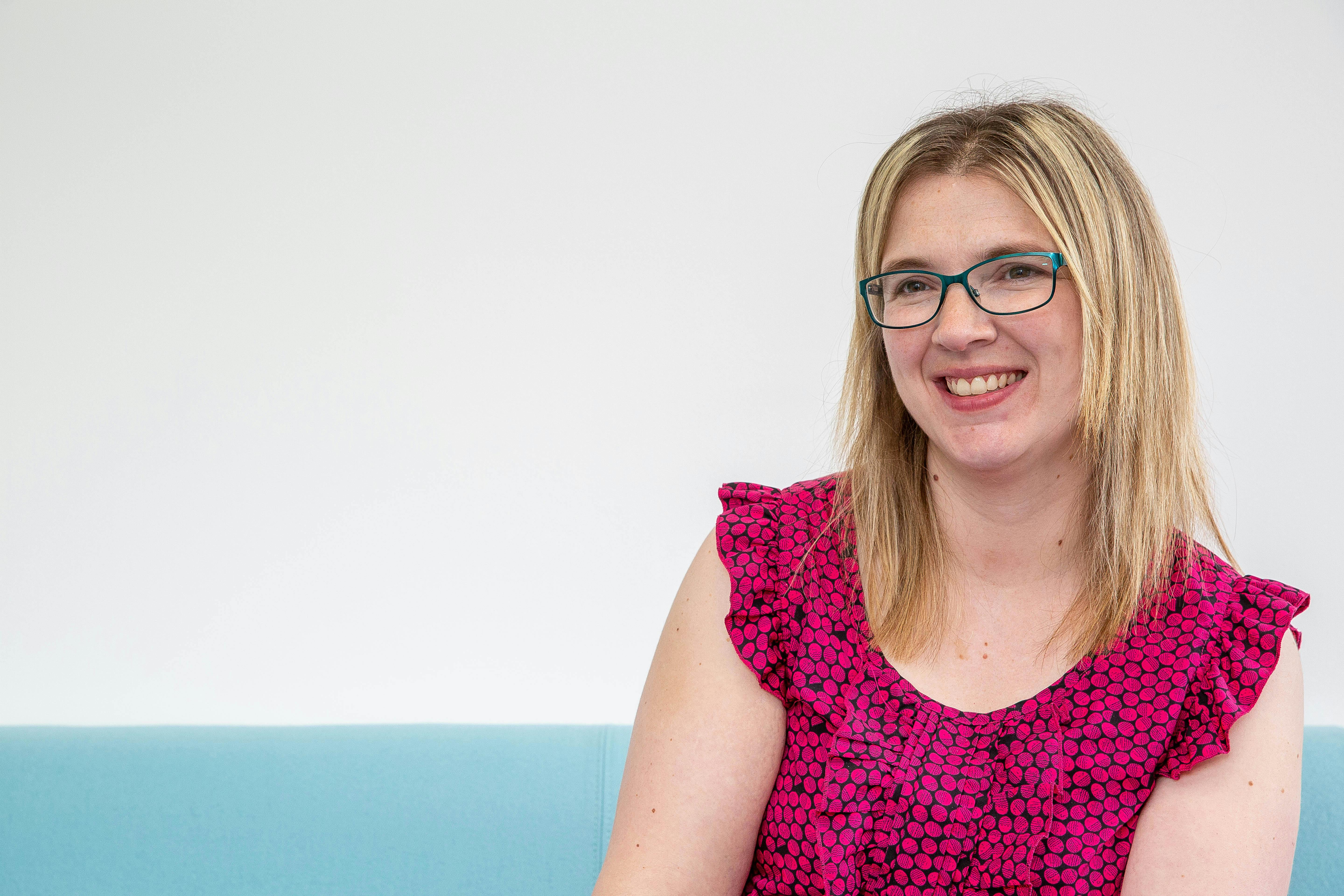
Charity Alert – Annual Return Filing
The Charity Commission’s new “My Charity Commission Account” service will go live on Monday 31 July.

Time for charities to modernise their fundraising approach
Maximising fundraising income has never been more important – and arguably the fundraising environment has never been more challenging.

New Academy Trust Handbook for 2023/24
New Academy Trust Handbook for 2023/24 sees increase in related party transaction threshold.
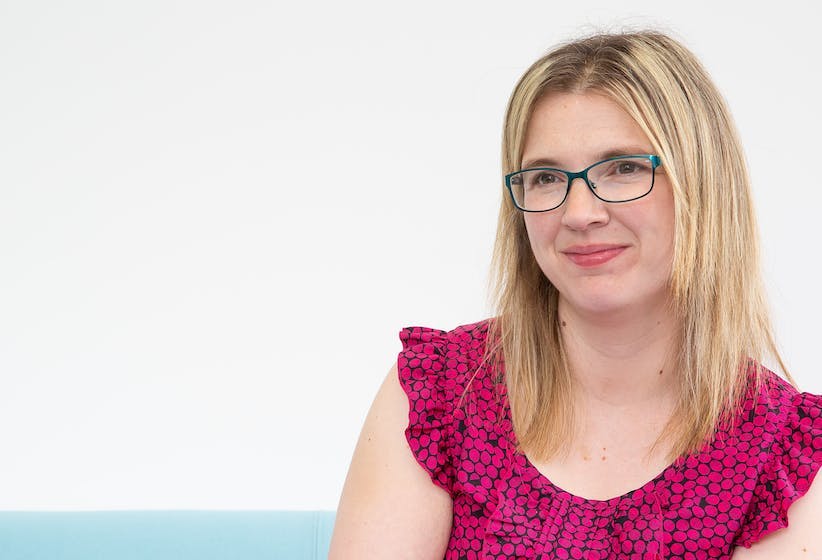
Much more detailed charity annual return will enable charity commission to ensure the charitable sector is more resilient
In the same way that limited companies have to file an Annual Return to Companies House each year confirming and/or updating their details, charities are required to file an Annual Return to the Charity Commission.

New charity commission trustee portal is a welcome step to improve engagement
All charities rely on individuals who are willing to give their time and skills to act as trustees. Now a new online initiative from the Charity Commission has been launched to provide better support for trustees – and it’s a good idea for anyone on a charity’s board to sign up.

Local charity finance expert urges earthquake appeal donors to ‘give safely’
A leading Norfolk charity finance expert is urging people wanting to donate to relief efforts following the earthquake in Turkey and Syria to heed advice from the Charity Commission and the Fundraising Regulator and ‘give safely’ – checking that charities are legitimate before parting with their cash.

My Charity Commission Account
GOV.UK: The Charity Commission
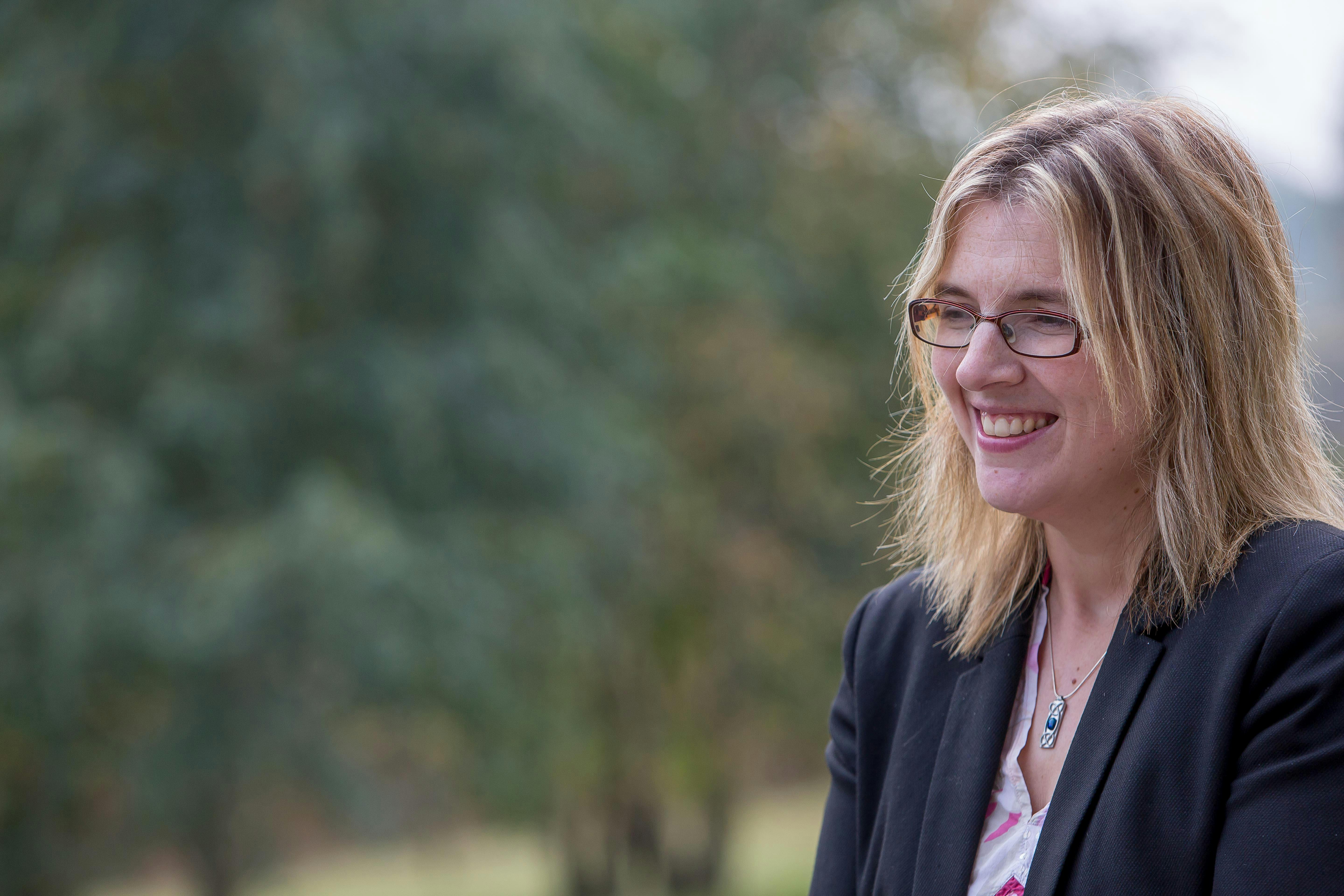
Charity Alert - The Charity Commission
The Charity Commission has released a useful summary of the most important changes made to the Charities Act.

Charity trustees and managers learn 12 key steps to good financial management at free masterclass
A dozen key indicators are vital to ensure a charity is being well managed financially – that was the message taken away by representatives from more than 20 Norfolk charities at the latest in a series of Charity Masterclasses being presented by Lovewell Blake.

Charity commission’s plans to engage more with trustees welcomed by leading regional charities expert
A move to provide better support for trustees of charities by the body which regulates them has been welcomed as ‘a significant step forward’ by one of the region’s leading charity experts.
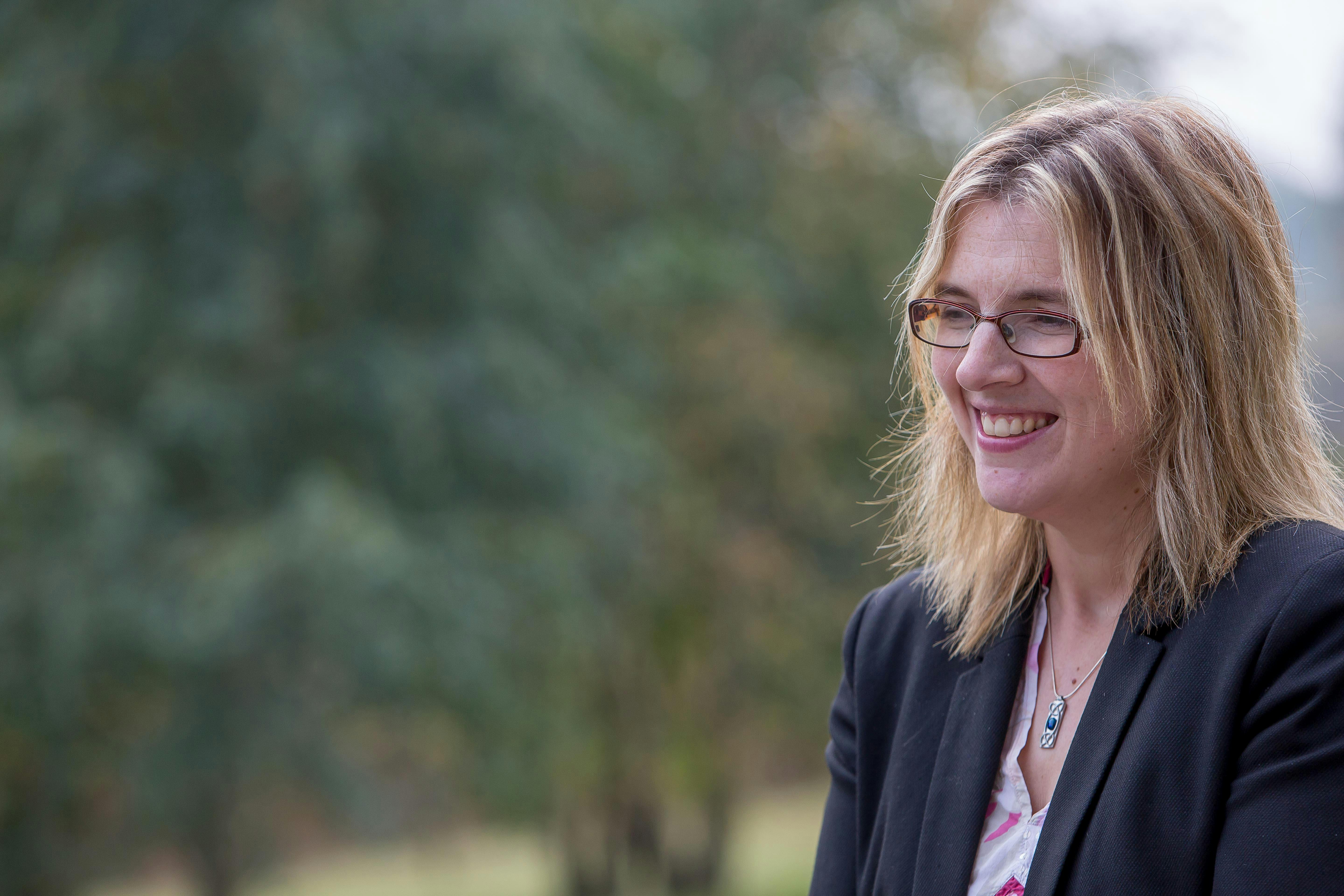
Robust reserves policy ‘more important than ever’ for charities
As charities emerge from the pandemic to uncertain times, it is more important than ever that their reserves policies reflect their current needs, says Rebecca Frost of Lovewell Blake’s specialist Charity team.

Charity alert - 'the Charity Commission’s flexible approach to charity meetings will come to an end from 22 April'
Changes announced to come to affect on 22nd April 2022.
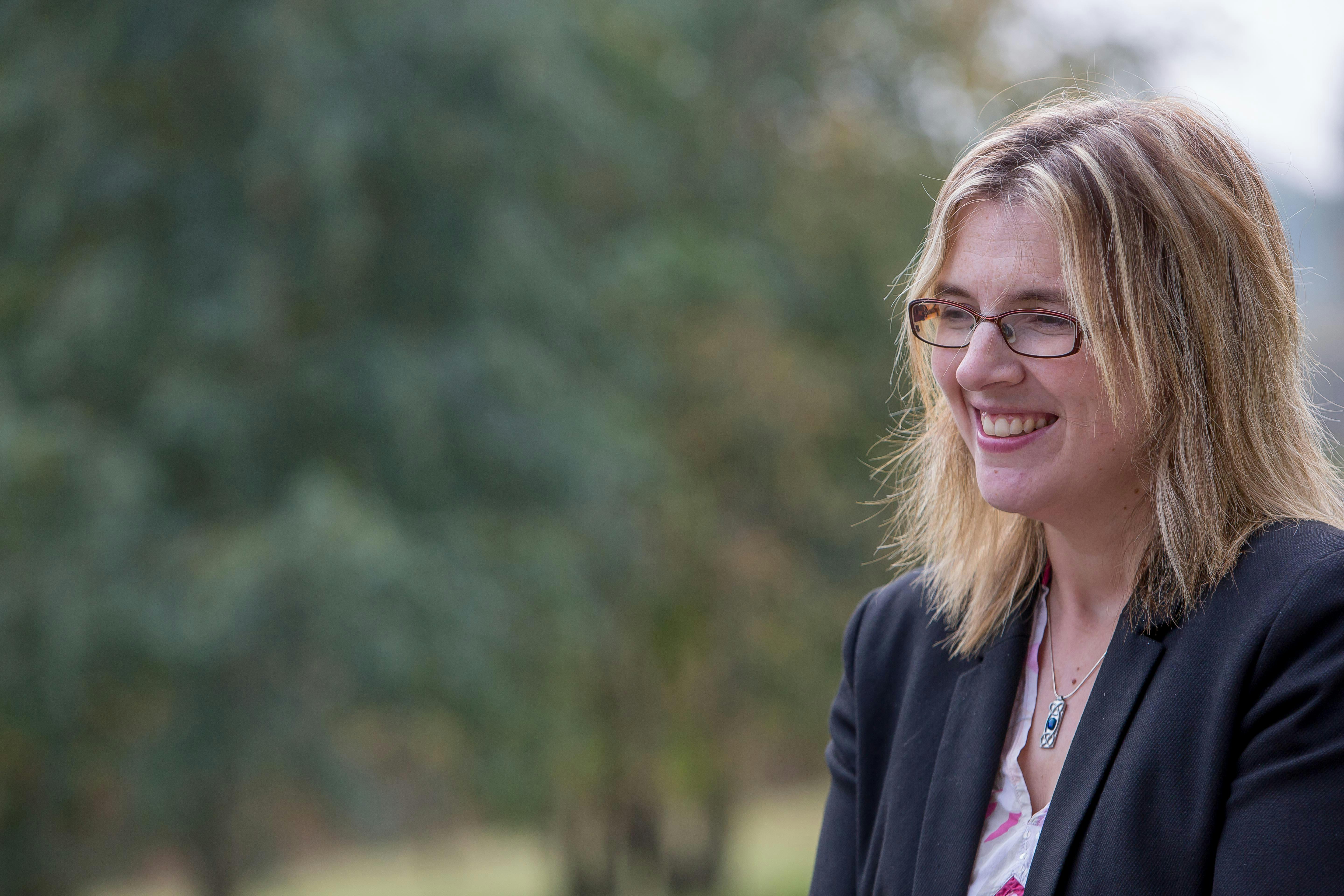
Charity alert - 'five minute guides' for Trustees
The Charity Commission has released a series of animated videos to promote its “five minute guides” for Trustees which were launched last year.

Inflation-based ‘triple whammy’ means charities need strategies to tackle soaring costs
A triple whammy of soaring staff costs, donations being eroded by inflation, and rising demand for services means that charities are having to put in place anti-inflation strategies, says Kyle Smith of Lovewell Blake’s specialist Charity team.
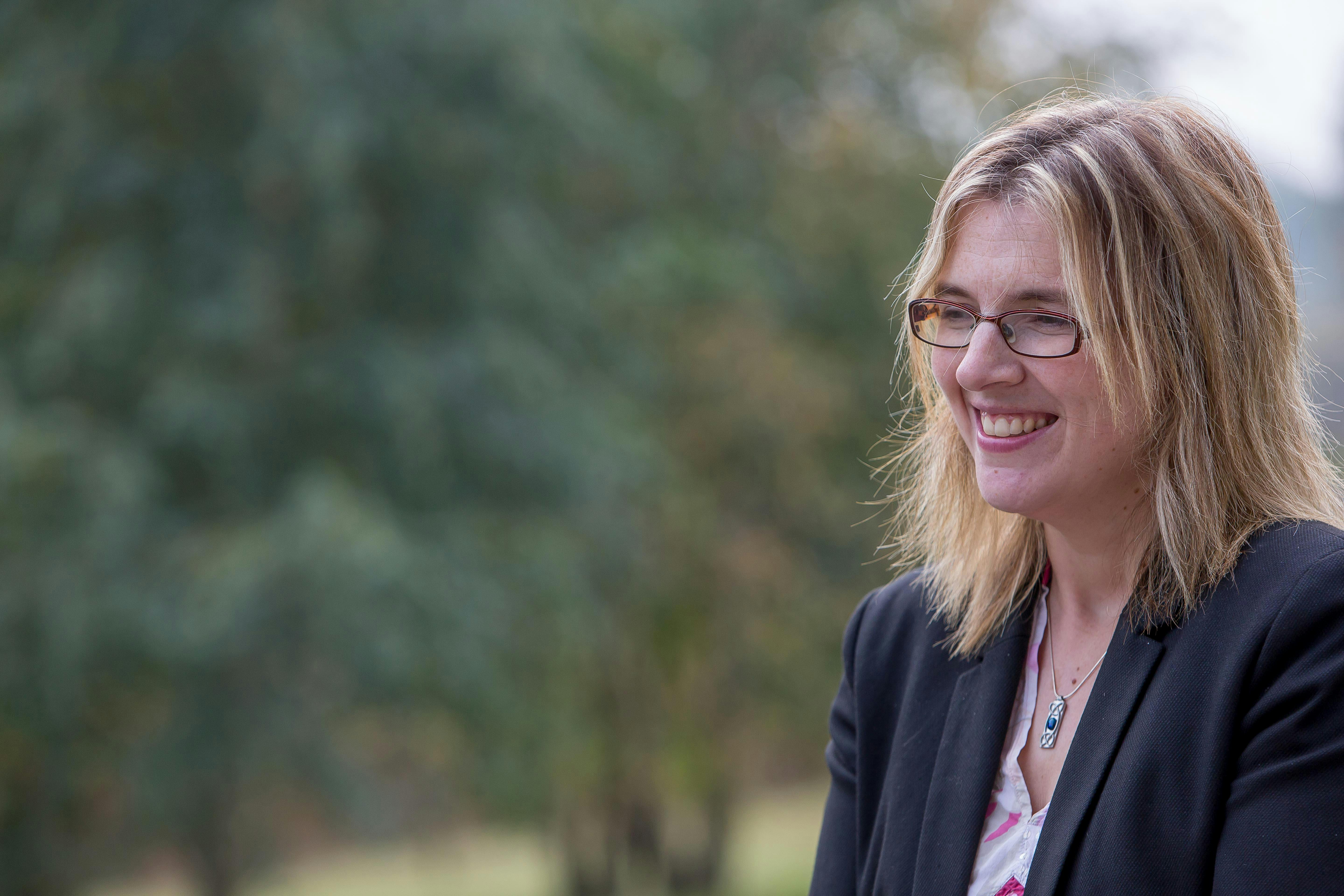
Not for profit corporate structures – which one is best for us?
We often receive enquiries from small unincorporated not for profit organisations, such as clubs, who are growing and finding that they want to, or need to, review their structure. Sometimes they are taking on their first employees, or perhaps they need to rent a property.











